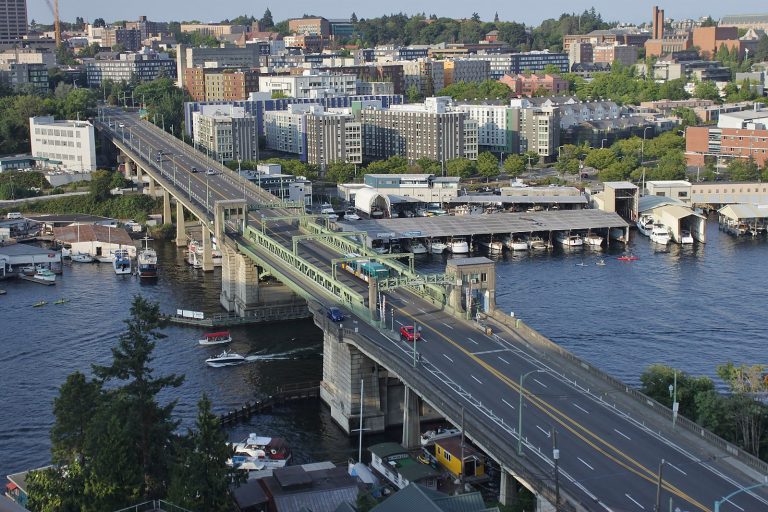Published on April 21, 2021

For civil engineering doctoral student Nathalie Thelemaque, it’s not enough to research how to design a building or a bridge. Thelemaque wants to know the impact of infrastructure systems on the climate and marginalized communities and help create more sustainable ones. It’s an issue so important that it even helped change her mind from considering a career in industry to one in academia.
“Especially with growing climate change concerns, it’s very important that we’re looking into the different impacts, because not every community is facing the same impacts,” Thelemaque said.
Thelemaque is conscientious of the impact of her work beyond engineering. Just as others have helped support Thelemaque in her academic journey, she too wants to be a support system for other students, so they can pursue the subjects they’re passionate about. She is a GO-MAP fellow who is in her first year of graduate school after completing her undergraduate degree from the University of Florida in the midst of a pandemic. Even before moving to Seattle to study civil engineering and sustainability, Thelemaque jumped right into researching how communities can be impacted by infrastructure. In the first paper that she worked on with a team of fellow researchers, she learned about the disparate challenges water utilities face during a pandemic.
A big city, where a water utility serves millions, will have many more operators than a small town with only a few employees. But during COVID-19, a utility operator could get sick and need to quarantine for two weeks. That potentially presents a huge challenge in maintaining a small community’s ability to access drinking water as well as water to wash their hands in order to follow safety guidance during COVID-19. Regardless of what research she’s undertaking, Thelemaque said it’s important to make sure that the people involved represent an array of diverse backgrounds.
“It’s so important to have a diverse group of people,” Thelemaque said. “To do good research, you need to have people who are willing to ask the questions that are most needed. You can’t necessarily make a research assumption or question about a marginalized group but have no one from that group on the team.”
Thelemaque said she’s grateful for GO-MAP’s work in supporting diverse cohorts of graduate students. She participates in virtual events through GO-MAP, which she said has been a helpful way to meet other students during a time when the pandemic has required most students to work remotely.
“I’m very grateful for GO-MAP — they’re actually helping support the students coming into graduate schools, because they recognize that it’s very necessary to have a diverse set of opinions and understand that not everybody might be on the same equal footing in being able to go to graduate school.”
Continue reading at UW Graduate School.
Originally written by Kate Stringer for UW Graduate School.